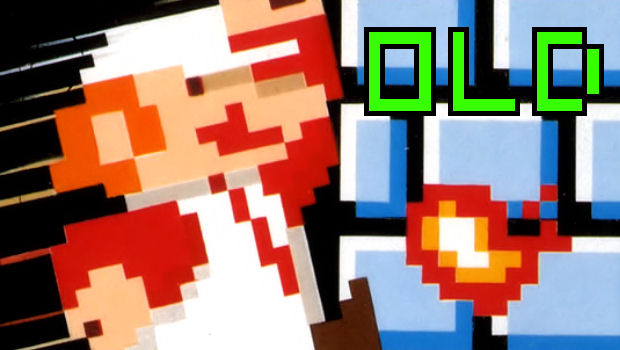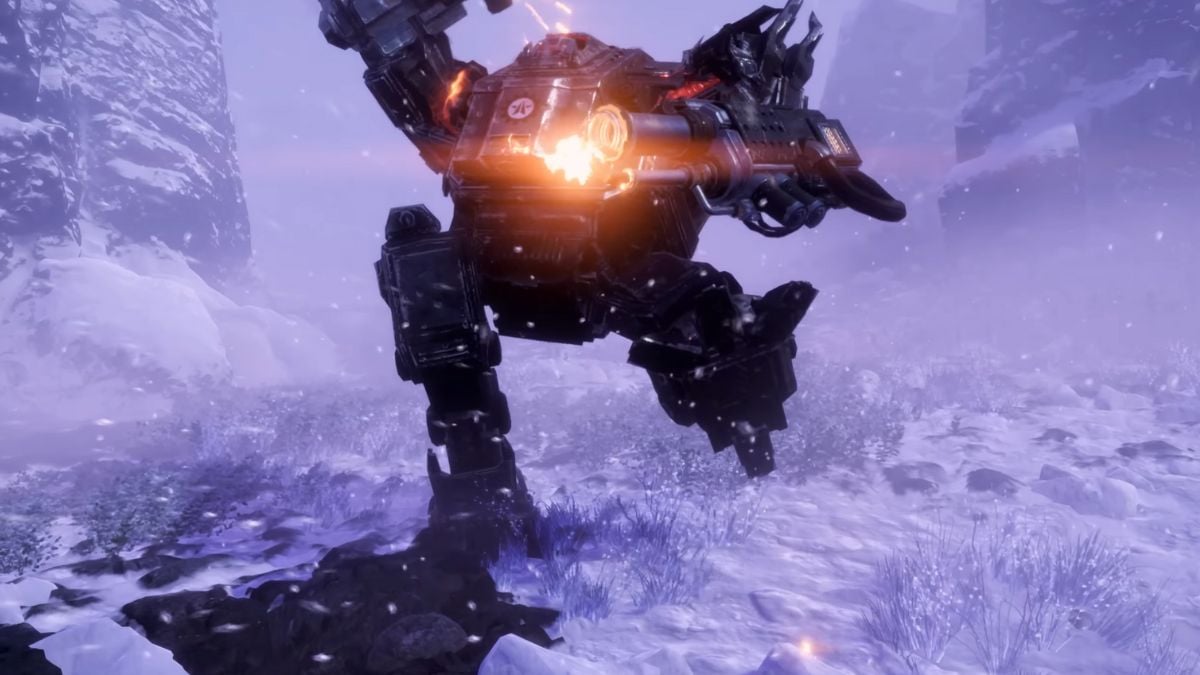David Cage has said some rather pompous things in his time. This is, after all, the man that gave Heavy Rain sole credit for making the videogame industry a more meaningful medium. This past week at GDC, however, I believe he topped himself with a statement that went beyond uppity and dove headfirst into the realm of the dismaying.
“We need to forget about video game rules — bosses, missions, game over, etcetera … are very old words of a very old language.”
This was a statement made by Cage while he was basically dismantling everything we’ve come to know about videogames and calling established mechanics “evil.” Frankly, someone who thinks like this has no business being involved with videogames.

David Cage, in a clumsy attempt to appear intellectual and deep, has only succeeded in making himself look remarkably ignorant. He’s not the only man to do it, either. This notion that tried-and-tested videogame tropes are “outdated” is not a new one. The idea that we should “forget” the language of videogames has been brought up before, and it disgusts me every time.
As I asked when I first heard Cage’s statement — why do we have to “forget” anything? Why must new ideas exist at the expense of old ones? There seems to be a common tendency among game developers to throw the baby out with the bathwater, to mock “old” ways of doing things, regardless of how well they worked. Just look at the way some publishers have embraced motion control, or 3D technology as the undeniable “future” of gaming. Whenever something fresh appears, people want to disparage what came before.
There is a reason why we’re using “very old words” in modern times — because they work. We still have bosses, missions and game over screens because millions of gamers still enjoy them. If they didn’t work, they wouldn’t have become such prominent and lasting parts of the medium. To disregard the accomplishments of past videogames in such an offhand, casual way is utterly jawdropping to me, and smacks of a man with no respect for the medium of videogames.
It takes no great amount of sleuthing to see that David Cage wishes he was a film director rather than a videogame maker. The tutorial for Indigo Prophecy featured Cage on a movie set, and the in-game menus even pretentiously called it a “movie.” Heavy Rain‘s marketing constantly compared it to Hollywood productions and Cage regularly tried to distance it from games. Imagine, though, if a film director dismissed the entire structure of some of the world’s most popular movies. “We should forget about the rules of movies — a plot, protagonists and antagonists, an ending. These are very old words from a very old language.”

It’s a shockingly blinkered attitude that commands us to ignore the very foundations upon which videogames have been built. Cage would have you believe he is a renaissance man, but these are the words of a troglodyte.
“Everything you can do with (old game) words has already been said. We need to create a new language to create new things.”
Really? You are SO confident that old gaming structures have said all that needs to be said? You really don’t think we can tell new stories and craft new experiences with games that include bosses, missions and game over screens? What an utterly myopic thing to say.
The Victorians, in their arrogance, believed that everything a human could invent had been invented in their era, blissfully unaware of the amazing technological leaps that would happen in the 21st Century. It takes a similar amount of staggering arrogance for someone to claim that “everything” has been said by established videogame structures.
I completely disagree, of course. Some of the most unique experiences this generation — Metal Gear Solid 4, Deadly Premonition, BioShock — are games that, love them or hate them, crafted original stories and did interesting things with established gaming conventions. Cage has wholesale dismissed the accomplishments of these titles because of the traditional nature of their framework.

Now, I am all for innovation. I have certainly criticized the exclusive focus on “new” ideas before, but I am not against developers striving for something different. What thoroughly frustrates me, however, is when a developer like Cage comes along, who believes that innovation is accomplished through the destruction of the old. Rather than evolve this industry, he believes a complete revolution is needed. Simply burying established methods of interactive entertainment is to piss on the medium’s history.
If you don’t have a healthy respect for the past, you have no right trying to shape the future.
I do not believe we need to “forget” the old to forge the new. In fact, I believe you can’t forge the new without acknowledging, and appreciating, the old — to know what has been done and working out what is yet to be done, to understand where we came from so that we know how to move ahead.
Beyond that though, I think Cage forgets that some of us still just want to have fun with our videogames. I appreciate a good story, and I adore the potential of interactive entertainment to provide a superior basis for narrative. Sometimes, however, I just want to shoot a big freakin’ gun! Several developers and the members of the gaming press lament the state of this industry and its focus on fun. They want games that explore “the human condition” and seem to believe that titles like Gears of War or Mortal Kombat are detrimental to their cause, that their mere existence somehow “sets the industry back” and stops us from getting the mythical “Citizen Kane of gaming” that gets moaned about with tedious predictability.
Sorry to burst your bubble, but here’s the scoop — WE CAN HAVE IT ALL!

We can have big, dumb shooters. We can have introspective art games. We can have old game mechanics. We can have completely new ways of development. The key, friends, is in appreciating them ALL under one umbrella — videogames. I don’t understand why some people want to restrict what a videogame can be, while disingenuously trying to look like the voice of progress and open-mindedness.
The world of gaming is a varied, ever-changing, rapidly ambitious one, and there is always room for everything. We should not forget the old ways — we should embrace them as part of the culture of gaming. We should applaud them for the years of fun they’ve provided, and the years of fun they will continue to provide. Bosses, missions, game over screens … they aren’t going away. They should not go away. People love games like that. That doesn’t mean we can’t have more games like Heavy Rain. It’s heartening to see a uniquely presented title like Heavy Rain become a success, and I hope other fresh experiences become just as popular. I just don’t understand why such games should become successful at the expense of traditional games.
If you believe established game mechanics are things that should be forgotten, then maybe you just don’t like videogames … and if that’s the case, why the fuck am I entrusting the future of my favorite artistic medium to the likes of you?
Play Mario, and learn some damn respect.




